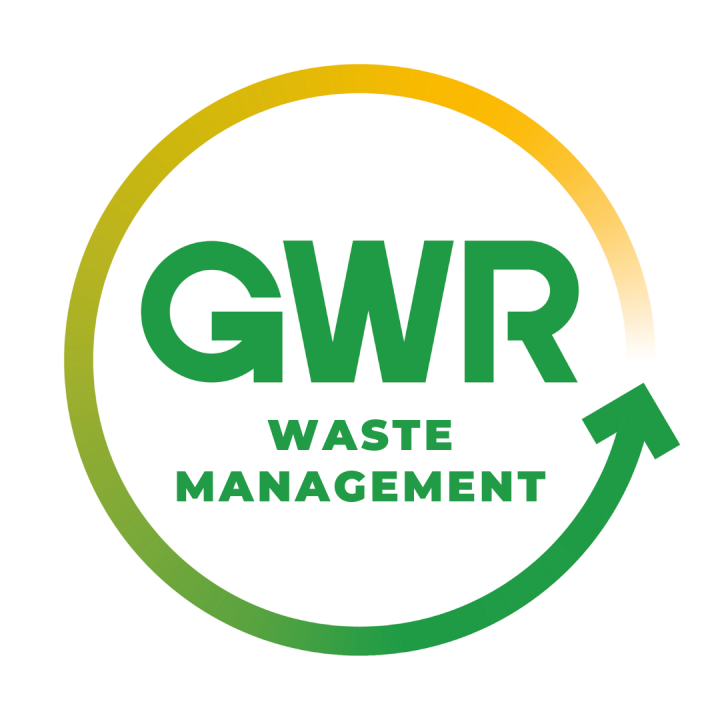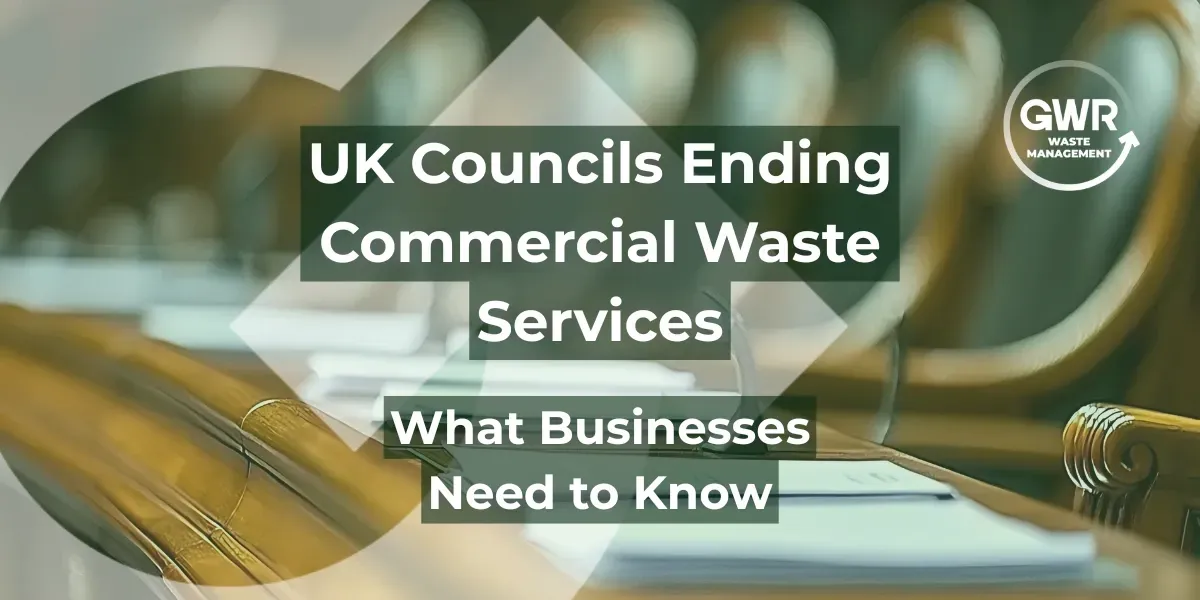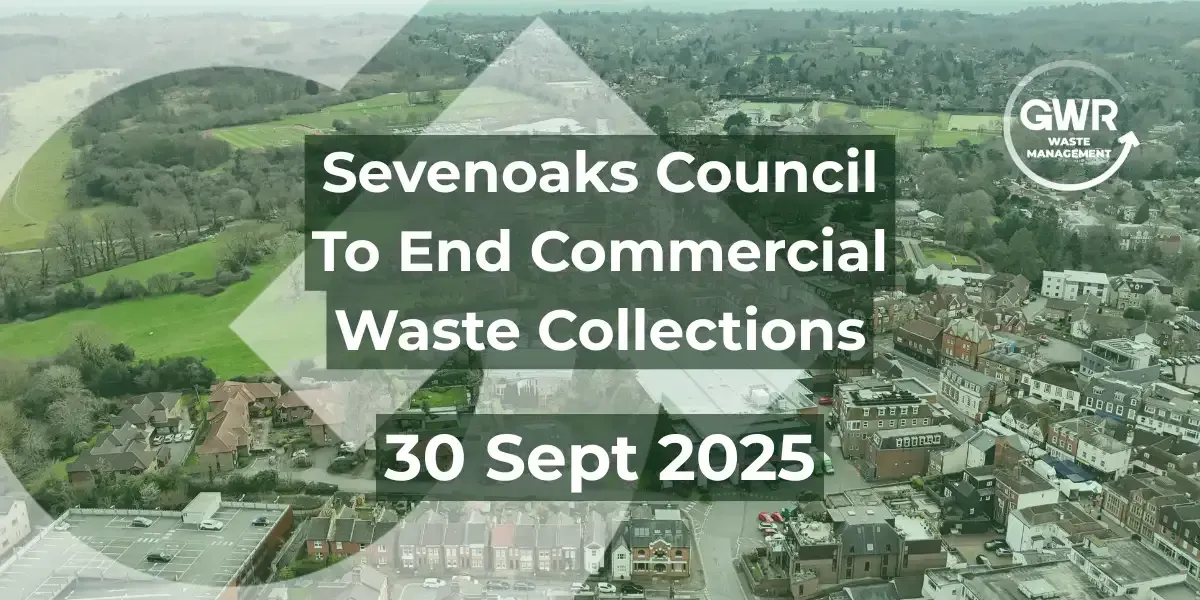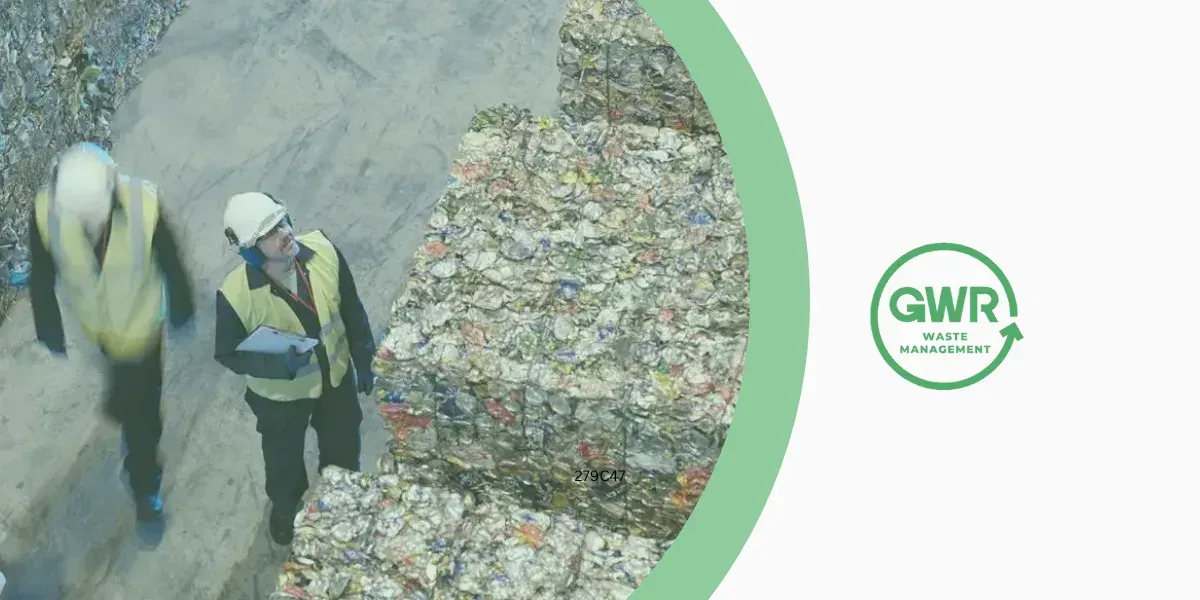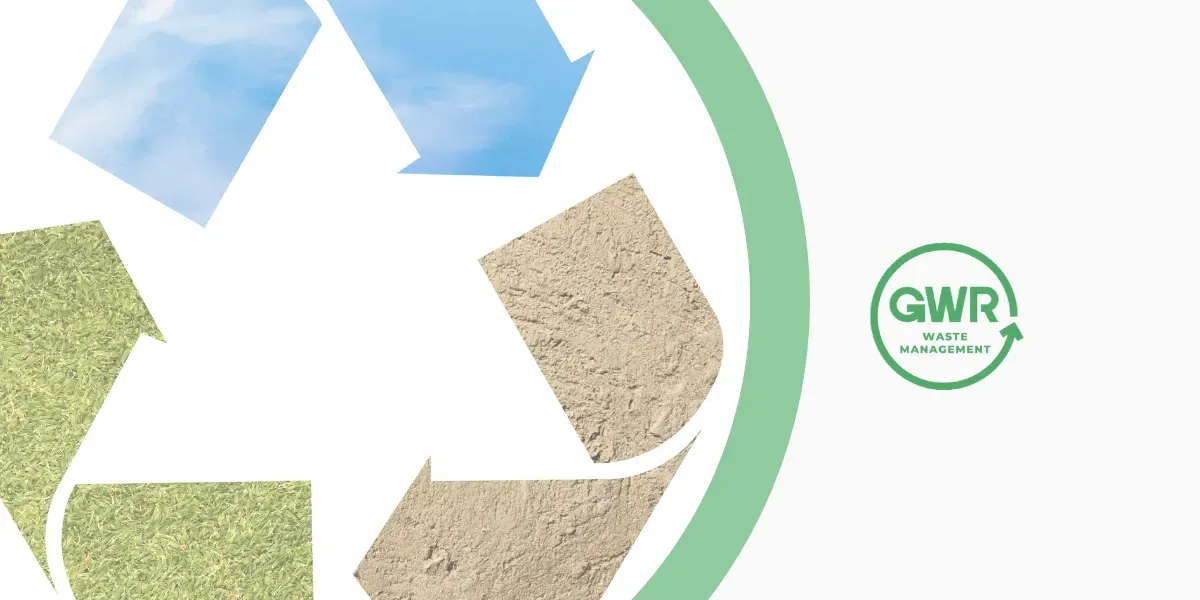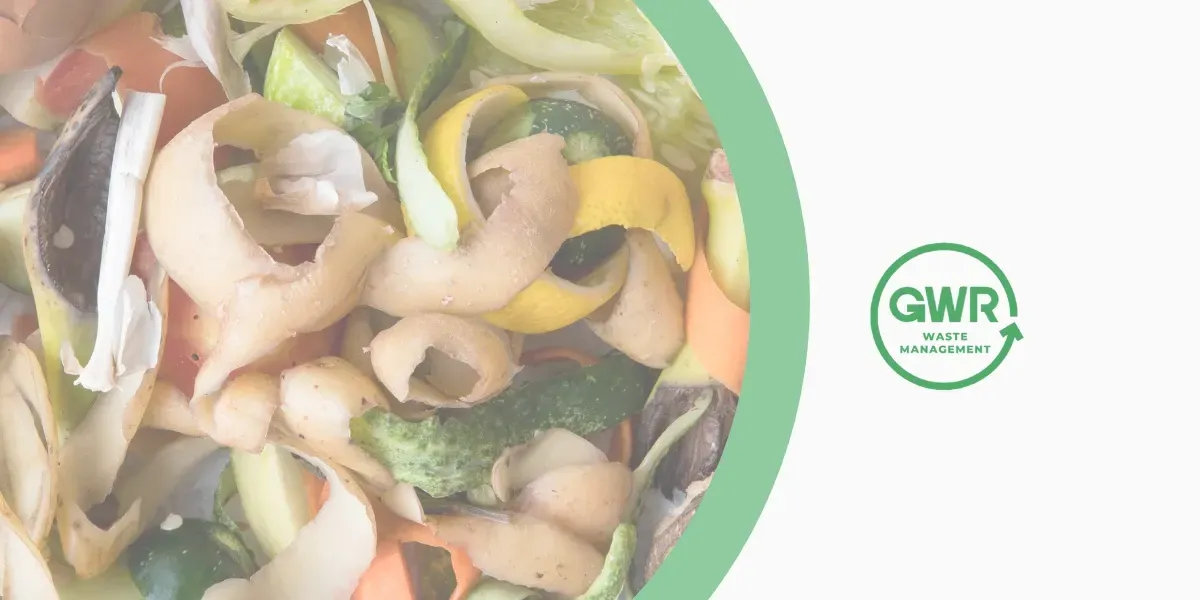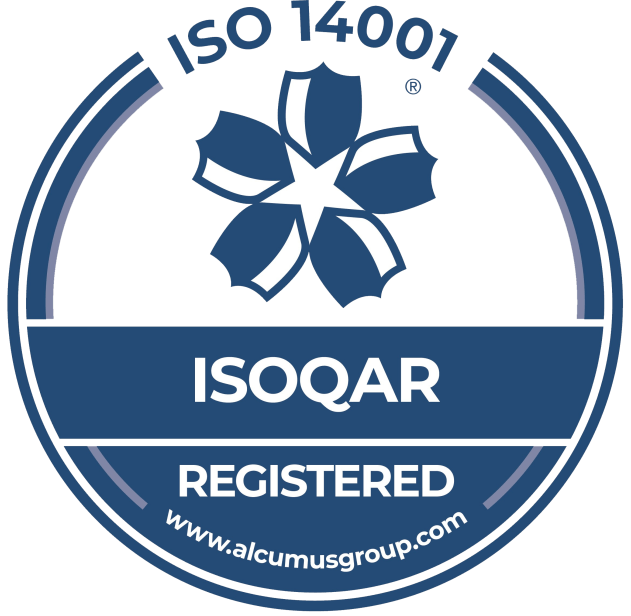Zero To Landfill
What Does Zero To Landfill Mean?
As well as using our own vehicles, Great Western Recycling also use a network of suppliers to empty your bins. We make sure that all of our vehicles and any of our suppliers do not tip or use landfill sites anywhere in the country.
Recycling is sent to materials recovery facilities (MRF) around the country where the different materials are recovered. Machinery in the MRF can identify various materials going along a picking line where it is separated into different materials, baled, and sent for recycling. So your dry mixed recycling arrives on site, and leaves as segregated paper, card, plastic and cans.
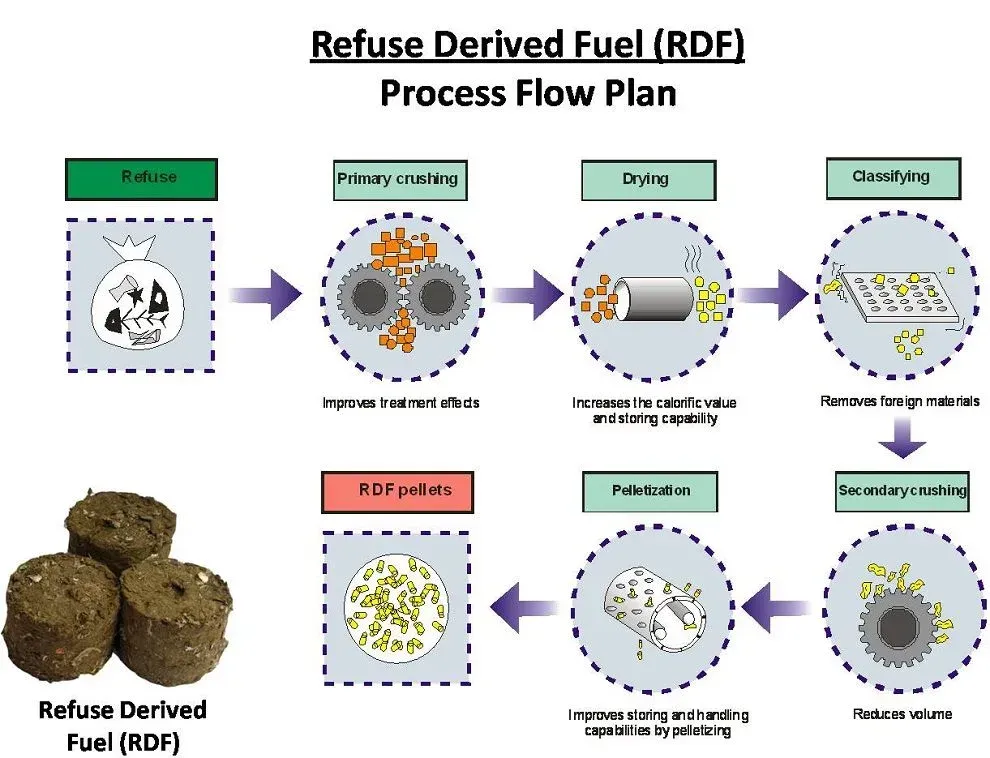
RDF Process
How Clean Is It For The Environment?
We are often asked how can burning waste be clean for our environment and what are the environmental impacts of this process. It is a great question and one that we are asked every day. The simple facts are, it is better than using fossil fuels or nuclear power. Old power stations are dirty and pump a lot of gasses into our environment. All of the new RDF waste burners in the UK are under 5 years old and with this in mind, they have all of the filters and technology to remove harmful gasses and particles from the environment. Thus, producing cleaner energy than burning coal and using nuclear. Of course lastly it means that no waste is being buried and we are protecting our environment for future generations to come.
What Does This Mean For Our Customers?
We encourage all of our customers to recycle as much as possible. Firstly it is better for the environment but also, it is cheaper to dispose of recycling than general waste. However, what ever waste streams you have with Great Western Recycling, you can be sure that you are 100% zero to landfill. This should save you money and will definitely reduce your carbon footprint.
We have one planet. Lets look after it together.
